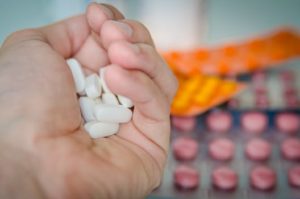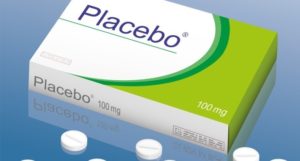
“Placebo: a usually pharmacologically inert preparation prescribed more for the mental relief of the patient than for its actual effect on a disorder”
– Merriam-Webster Medical Dictionary
Everyone has heard of placebos, but have we ever wondered what they are? For easy understanding, placebos are basically drugs which have no actual action but have a positive effect on people without treating the cause of the disease. Simply put, a placebo is a fake treatment which sometimes can give rise to real results.
Placebos are also used in drug research, to test the effectiveness of a drug. One group will be given a placebo and one group will be given a drug with active ingredients. The effects of both on patients and their symptoms will be compared.
The effects of placebos have been widely studied. Research has shown that placebos behave similarly to regular drugs in some ways. For example:
- Like other medicine, placebo effects seem to follow a dose-response curve. This means that patients seem to feel better when they take 2 pills compared to 1 or if they take a bigger dose compared to a smaller dose.
- A placebo injection has more effect compared to a placebo pill.
- Placebos work better when patients are in more pain compared to less pain.
Why do placebos have any effect at all? If placebos do not contain any pharmacologically active ingredients, then why do some patients feel better after taking them?

Picture source: stateofmind.it
The simple answer? The power of the mind. When patients have expectations of relief from any course of treatment, the more likely they are to experience it. However, what is important to remember is that although SOME placebos can make SOME people feel better, research has proven that placebos do not change the course of the disease or its outcome.
So in a way, placebos are temporary relief without addressing the underlying issue. Sometimes, they can affect health seeking behaviour. Patients who feel they are benefiting from placebos may delay seeking curative treatment, which can be detrimental.
Remember, feeling ok does not equal being ok.
Dr Hidayatul Radziah is a medical doctor and lecturer currently pursuing her PhD in Pharmacology.
Reference:
- Brain Sense: The Science of the Senses and How We Process the World Around Us (Amacom 2009)
[This article belongs to The Malaysian Medical Gazette. Any republication (online or offline) without written permission from The Malaysian Medical Gazette is prohibited.]
